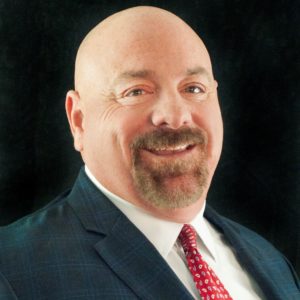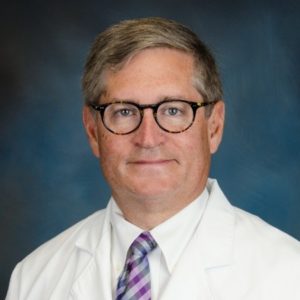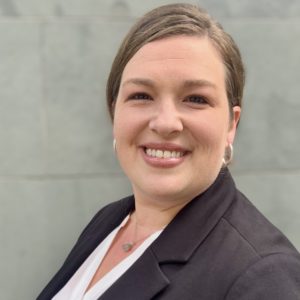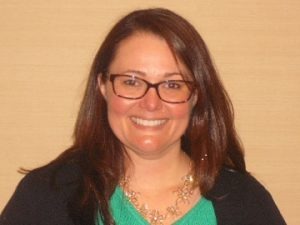Combatting the Potential “Mass Exodus” of Nursing Home Employees Due to COVID-19 Vaccination Mandate

Adrianna Ware, R.N., Nurse Educator in Compliance, CareAcademy
President Biden has instituted a mandate requiring nursing home staff to be vaccinated against COVID-19 if the facility is to continue receiving Medicare and Medicaid funding. While intended to help protect residents and staff against COVID-19, the mandate could have grave consequences that affect senior care staffing.
Survey Results Indicate a Potential “Mass Exodus” of Employees
OnShift conducted a survey to gauge the long-term care industry’s workforce reaction to the COVID-19 federal mandate. More than 2,100 employees in long-term care participated in the survey, and data was collected from August 19, 2021 to August 24, 2021.
The survey results revealed that 38% of respondents haven’t received the COVID-19 vaccine, and 53% of unvaccinated employees plan to seek employment in a workplace where vaccines are not mandated. Additionally, 39% of the unvaccinated respondents reported that they don’t know how the vaccine mandate will affect their employment status.
With 92% of unvaccinated respondents either uncertain of their future employment or planning to seek employment elsewhere, the mandate appears poised to have a tremendous affect on senior care industry staffing.
Combatting the Labor Shortage With COVID-19 Vaccine Information
Adrianna Ware, R.N., CareAcademy’s Nurse Educator in Compliance, notes that the federal mandate may accelerate the staffing challenges for the direct care workforce. “Prior to COVID-19, there was a mass exodus because of non-livable wages and lack of acknowledgement of the scope of skill that direct care workers are providing daily,” she explains. “This may pose a dual threat to the community we serve and the senior care industry. Without direct care workers, avoidable health events will surely increase while the workforce will decrease.”
Ware believes that education can play an important role in combatting the labor shortage. “At this point, we’ll never be able to undo the falsehoods associated with the COVID-19 vaccine. Misinformation has spread among the communities,” she says. She notes that by acknowledging that there is false information and then immediately providing facts about the vaccine, education can help.
But that education needs to meet the community where they are, without force or judgement around their decisions to vaccinate or not vaccinate. Ware says it’s important to frame the discussion in terms that relate to a caregiver’s situation and their family. “I’ve had these conversations, and I’ve said that you need to make sure you’re responsible for your numbers.
“How will you protect a family of five? Are you okay if something happens based on this decision that’s going up against scientific data?” Ware says that, when met with empathy, you can sometimes talk to an anti-vaxxer and then put them on the fence. “I consider that a small win,” she says. “They might take more preventative measures, and that’s still a small win. Small wins add up.”
It’s out of a commitment to the health and wellbeing of the community that CareAcademy designed a COVID-19 vaccine class specifically for direct care workers. It’s been successfully used by Best of Care, Inc., a caregiver agency in Massachusetts, which has paid caregivers for their time to take the course. Over half of Best of Care’s staff are now currently vaccinated.
“The course speaks to the direct care workforce and provide reliable information about the vaccine. It clarifies myths from facts,” explains Ware.
That clarification could help direct care workers to better differentiate myths from truths, and that might lead to increased confidence in the COVID-19 vaccines. While the federal mandate is sure to bring challenges to the senior care industry, education and providing accurate, fact-based information could help to minimize the staff turnover that results.

Paige Cerulli is a contributing writer to i Advance Senior Care.
Related Articles
Topics: Activities , Administration , Featured Articles , Resident Care , Risk Management , Staffing











